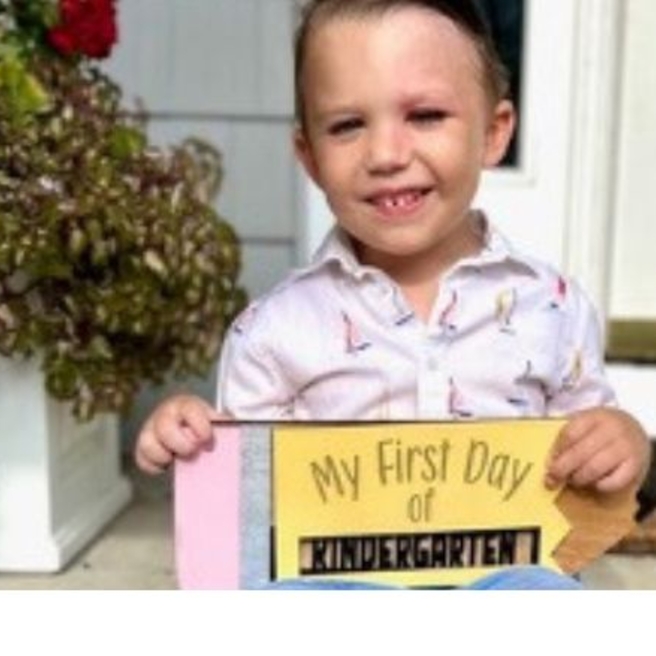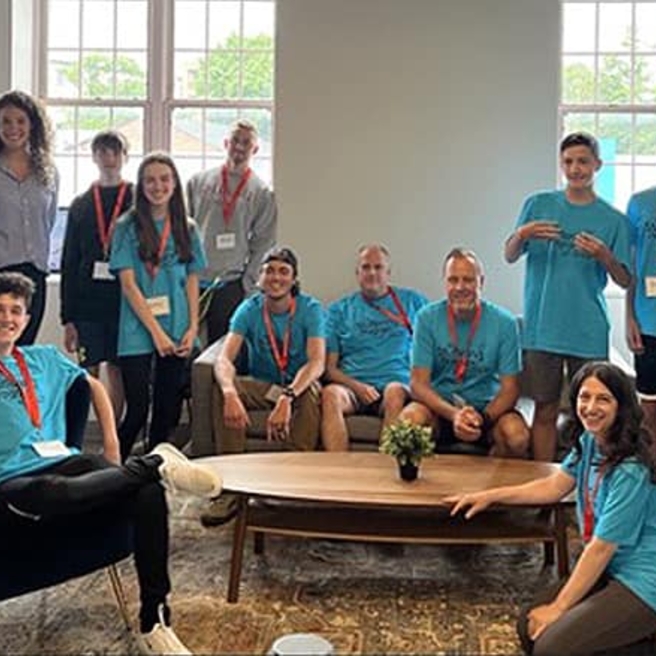Department of Speech-Language Pathology

Children who have difficulty with communicating and swallowing find expert evaluation and treatment in the Department of Speech-Language Pathology at Children’s Hospital of Philadelphia (CHOP).
Some problems are there at birth (congenital). Others aren't noticed until later (developmental), while others may be brought on by an illness or injury (acquired). Our team diagnoses and treats children from birth through their teen years with speech and swallowing problems, no matter their source.
Our services include evaluations, initial speech therapy and, for some children, guidance and training to use an augmentative and alternative communication device. We see children in acute and intensive care units in the hospital, in inpatient rehabilitation, and in outpatient clinics in the Center for Childhood Communication and other clinics across CHOP.
Interdisciplinary Clinics
You'll find our speech-language pathologists across the hospital in dozens of clinics focused on specific medical conditions that also may include difficulties with speech or swallowing.
-
22q and You Center -
Autism Integrated Care Program -
Beckwith-Wiedemann Syndrome and Overgrowth Genetics Clinic -
Cardiac Kids Developmental Follow-up Program -
Airway Disorders Center -
Cerebral Palsy Program -
Cleft Lip and Palate Program -
Hearing Implant Program -
Craniofacial Program -
Feeding and Swallowing Center -
Leukodystrophy Center -
Neonatal Follow-up Program -
NF Multidisciplinary Clinic -
Pediatric Stroke Program -
Voice Program -
Pulmonary Hypoplasia Program -
Stuttering Program -
Trisomy 21 Program -
Velopharyngeal Dysfunction Program
Conditions we treat
Our speech-language pathologists treat all types of speech, language and swallowing problems.

Meet your team
Our speech-language pathologists are certified through the American Speech-Language-Hearing Association (ASHA) and licensed by the states where they work.

Our locations
Our services are available in the Buerger Center for Advanced Pediatric Care at our Main Hospital in Philadelphia and several CHOP Specialty Care Centers in Pennsylvania and New Jersey.

Patient resources
We have created resources to help you find answers to your questions about speech, language and swallowing problems and feel confident with the care you are providing your child.

Resources for professionals
CHOP offers students and professionals learning and employment opportunities.
Events
CCC Family Workshop – First Steps: Asking Questions, Making Connections – October
Wednesday, Oct 22, 2025
The CCC invites parents/caregivers of children newly diagnosed with hearing loss to engage with CHOP professionals and other families in this virtual workshop.

Your child's appointment
See the specific information, like previous speech evaluation reports, that we ask you to send us ahead of time.

